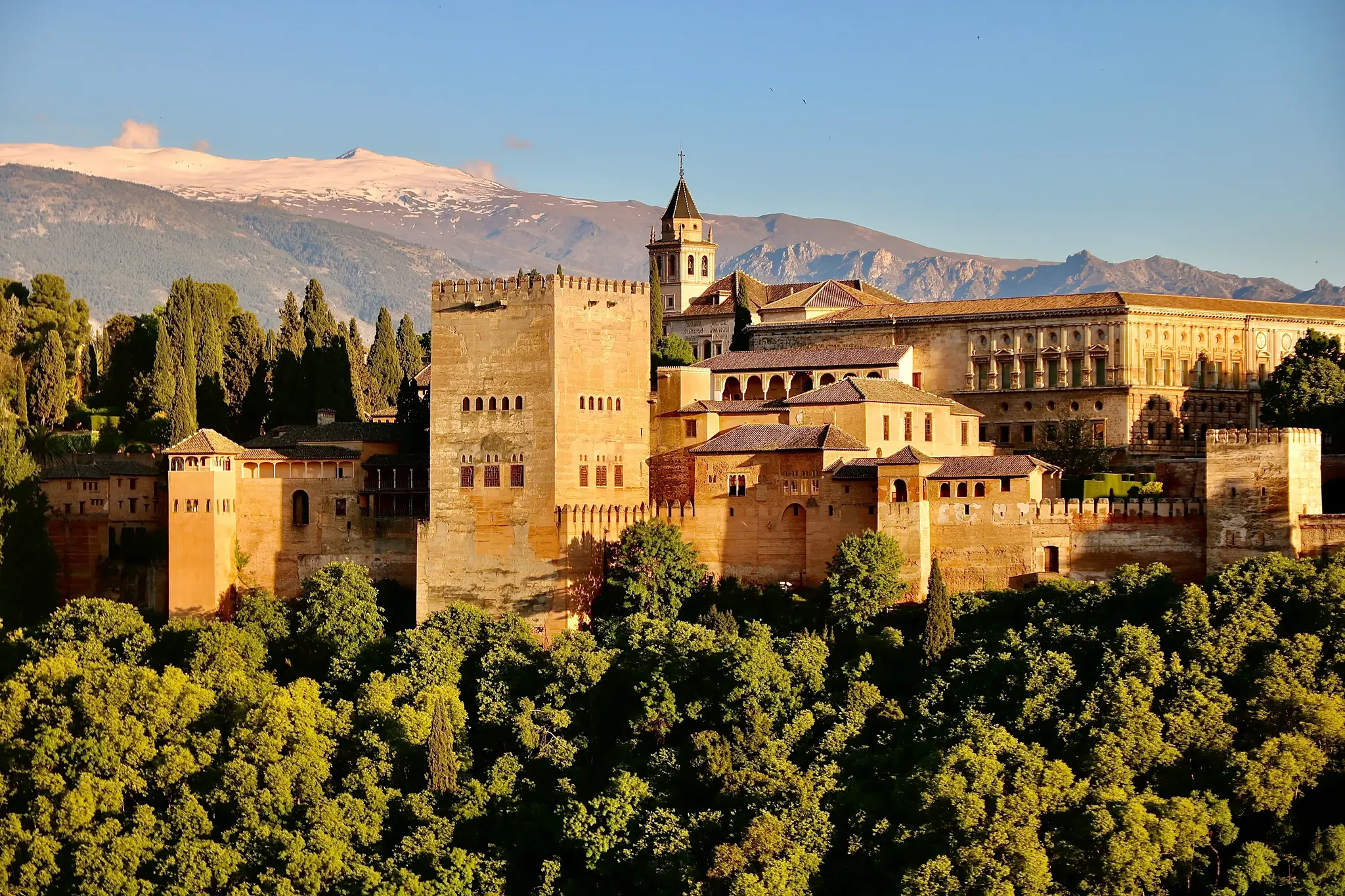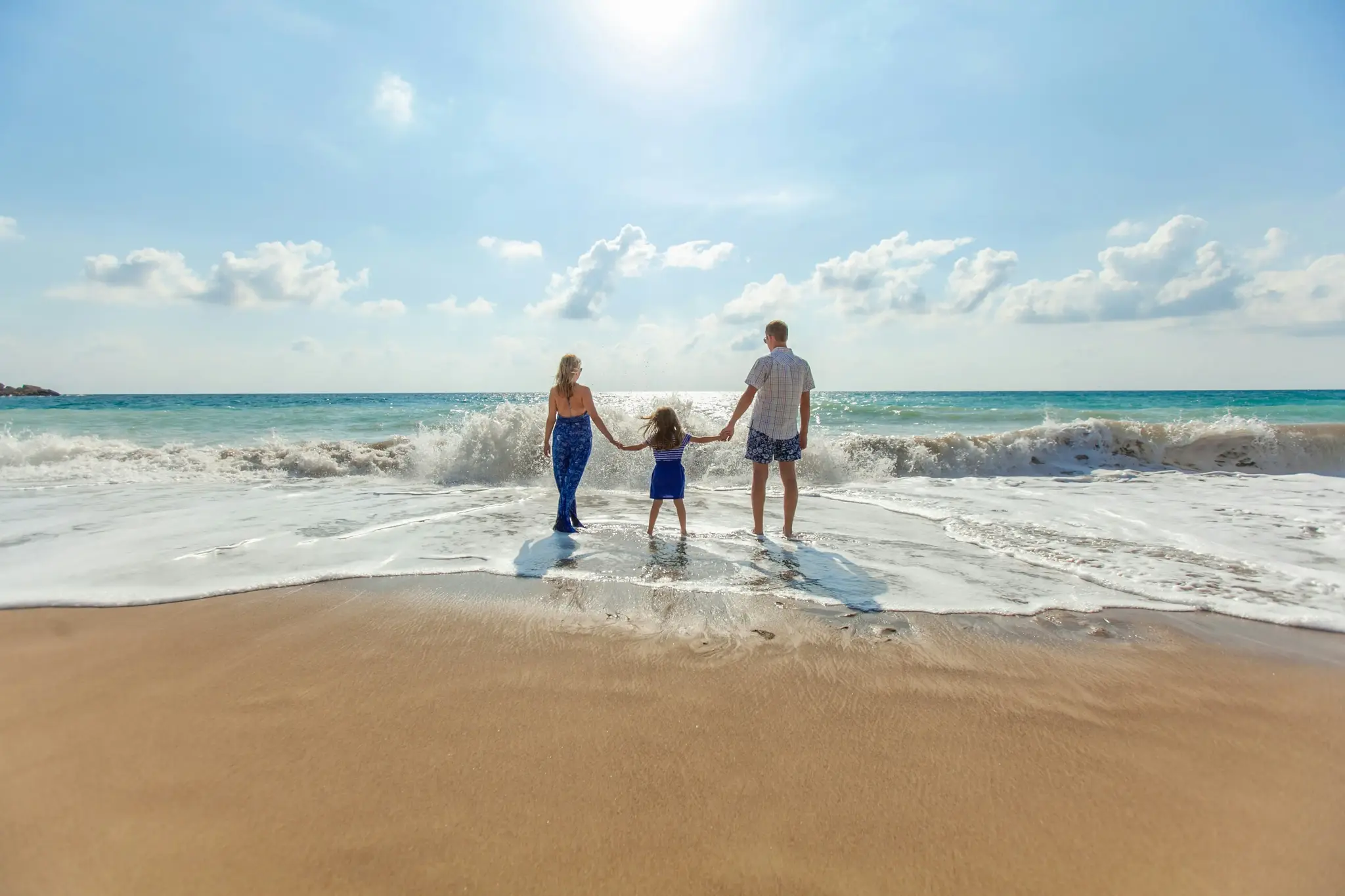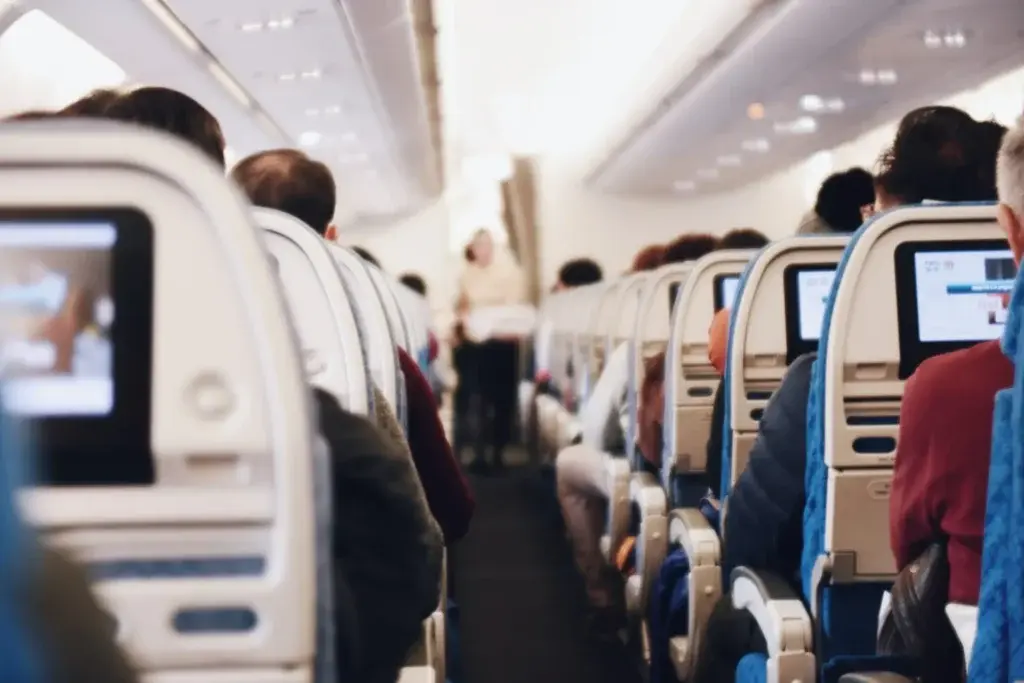Planning a trip to Chile: what papers do you need? How can you make sure you're well covered during your stay? How do I take out travel insurance for Chile? We tell you all about it in our complete guide!
Travel insurance Chile
Prix moyen constaté
8,05€/Pers*
*Tarif pour un voyage d’une semaine pour une personne de 30 ans (sans annulation).


COVID-19
Full "recommended" vaccination schedule

Mandatory documents
Valid passport is required

Residence permits
Only for stays of more than 45 days

Currency
Baht

Vaccination
No vaccination required

Travel insurance Chile
450,000€ coverage recommended by Yupwego

Best period
November to February

Emergency numbers
medical emergencies - 191
Chile: Your online travel health insurance
Start your quote now and obtain your Chile medical insurance certificate, which covers medical expenses up to €500,000.
Discover Chile
Chile at a glance
The wonders of Chile, a breathtaking destination with unique landscapes: from the Atacama desert to the glaciers of Patagonia, from vineyards to Chilean culture. Get inspired for your next unforgettable trip!
Must-sees in Chile
See our complete guide to in Chile.
Travel insurance Chile
Is travel insurance compulsory in Chile?
Travel insurance is not required to visit Chile. However, we strongly recommend that all travelers take out travel insurance.
Why do you need travel insurance for Chile?
We recommend that you take out travel insurance for Chile for several reasons:
- Medical expenses: In the event of illness or injury, medical expenses can be very high in Chile, especially if you have to be hospitalized. Travel insurance will cover these costs, so you don't have to pay out of pocket.
- Repatriation: If you need to be evacuated to receive appropriate medical care, travel insurance can cover the cost of evacuation, which can be very expensive.
- Third-party liability: If you cause damage to others or property, travel insurance can cover the cost of third-party liability.
- Loss and theft: If your luggage is lost or stolen, or if you lose money or valuables, travel insurance can cover these losses.
- Cancellations and delays: If your trip is cancelled or delayed due to unforeseen circumstances, such as illness or natural disaster, travel insurance can cover the associated costs.
What does my Chile travel insurance with YUPWEGO cover?
To travel to Chile, YUPWEGO recommends that you have a minimum of €450,000 in health insurance to be properly covered there. Here are some of the guarantees we offer, depending on our contracts:
Before you leave
What are the entry requirements for Chile?
Entry requirements may vary according to the nationality of each traveler and the current health situation.
Jet lag
The time difference between France and Chile is +5 hours in summer and +6 hours in winter.
Long-term travel insurance in Chile
If you wish to insure yourself for a long period in Chile, you may consider taking out
expatriate insurance
specially designed for expatriates, or a
PVT insurance
insurance if you're studying or doing an internship abroad.
Health care in Chile
What are the health risks in Chile?
Health risks in Chile include malaria, dengue fever, the Zika virus, unsafe drinking water, mosquito-borne diseases and road accidents. It is advisable to take precautions and consult a doctor before travelling to Chile.
What type of plumbing system should I use?
Chile has both a public and private healthcare network. The private network is more expensive but generally offers better quality healthcare.
Responsible travel in Chile
Reduce risks by traveling responsibly
- Respect local culture and traditions: learn local customs and avoid offending them. For example, cover your shoulders and knees when visiting Buddhist temples, and remove your shoes before entering a temple or house.
- Be conscious of your environmental impact: try to minimize your carbon footprint by using public transport, avoiding plastic waste and supporting sustainable local businesses.
- Support local initiatives: choose accommodations, restaurants and activities that support local communities. Avoid the big international hotel chains and prefer small, family-run businesses.
- Avoid harmful tourist practices: don't take part in activities that exploit wild animals, such as riding elephants or attending captive animal shows.
- Be respectful of the nightlife: if you plan to go out at night, avoid places where sex tourism is present. Don't use illegal drugs and avoid excessive alcohol consumption.
By following these tips, you can travel responsibly in Chile and make a positive contribution to local communities and the environment.


















